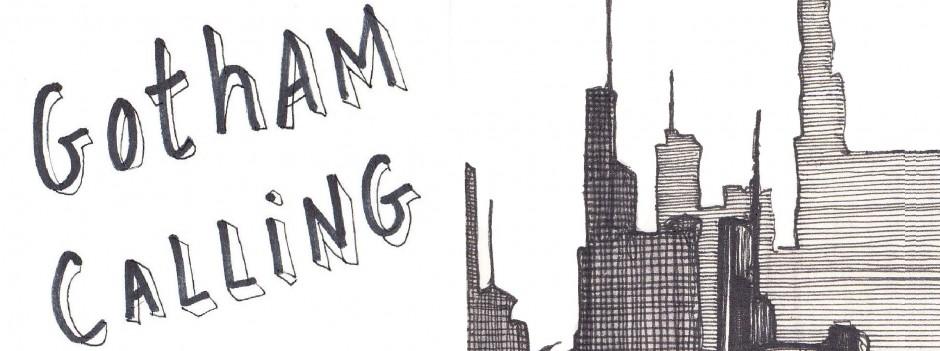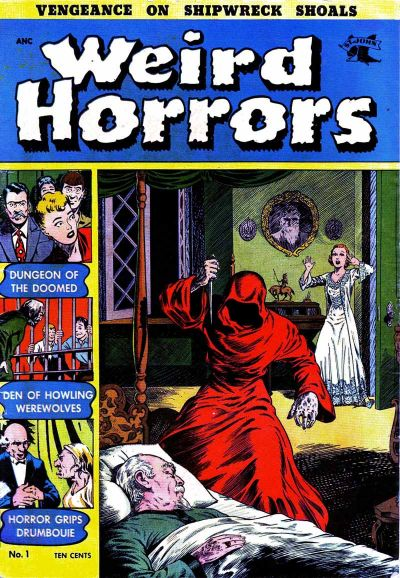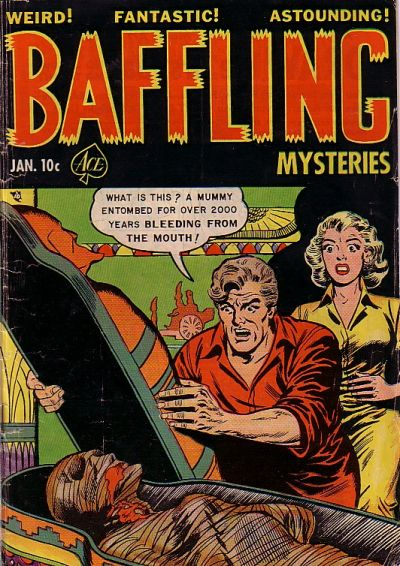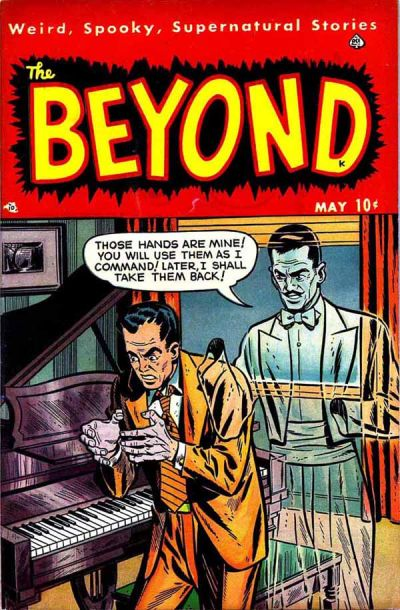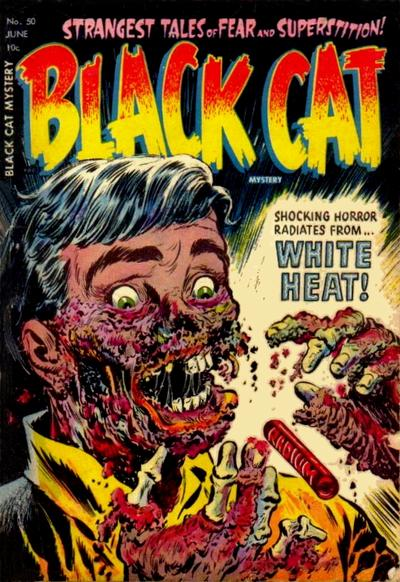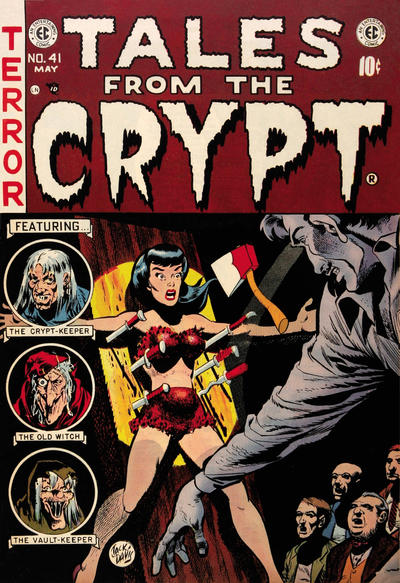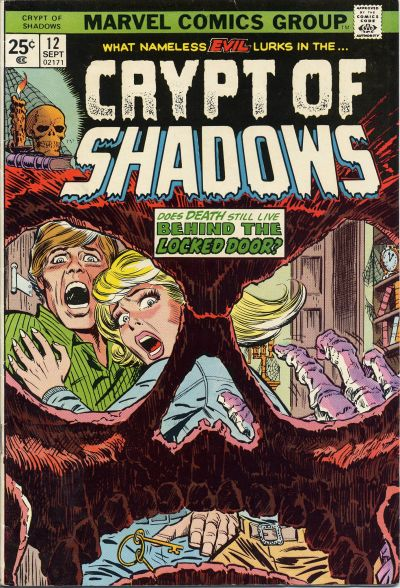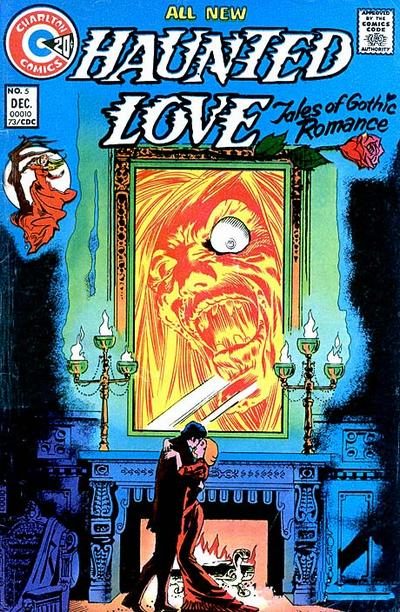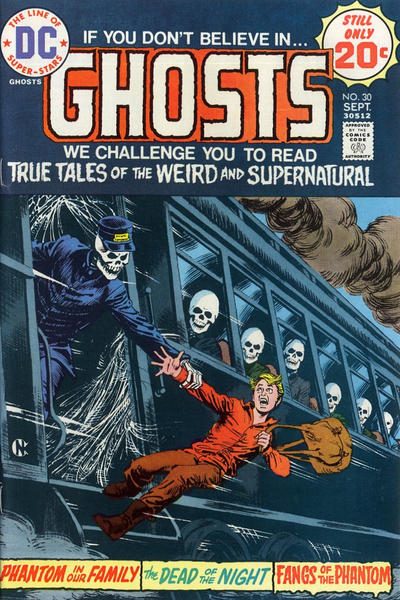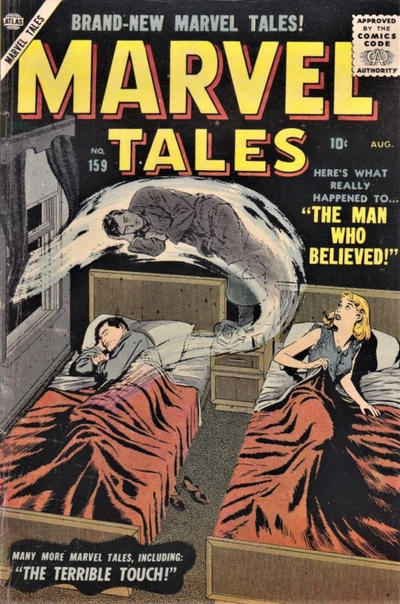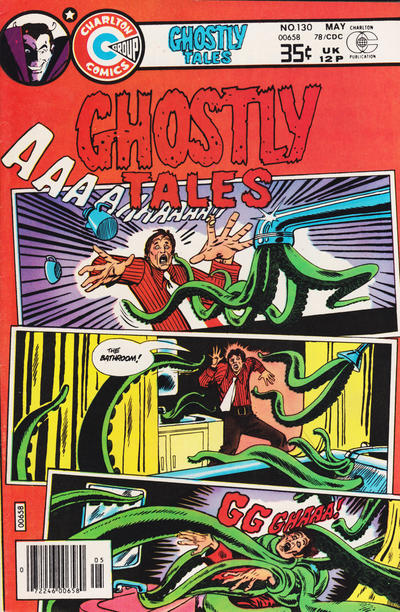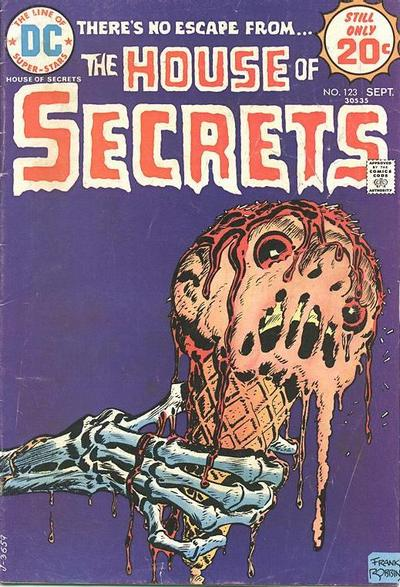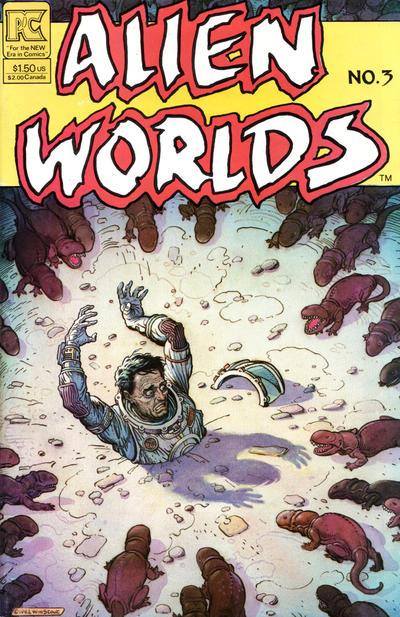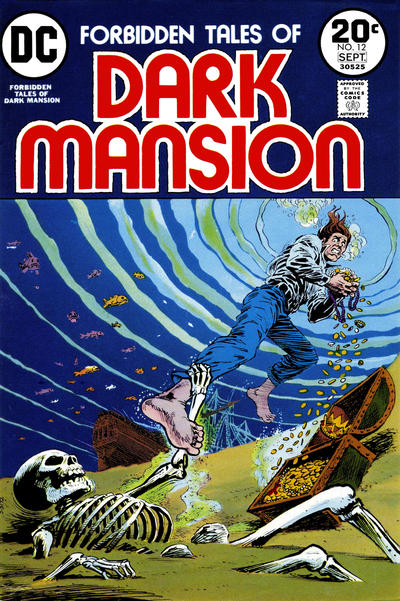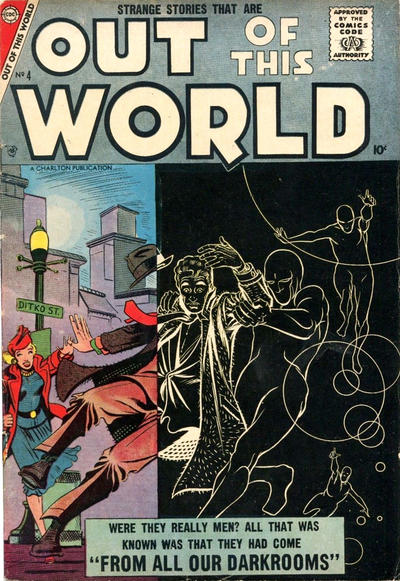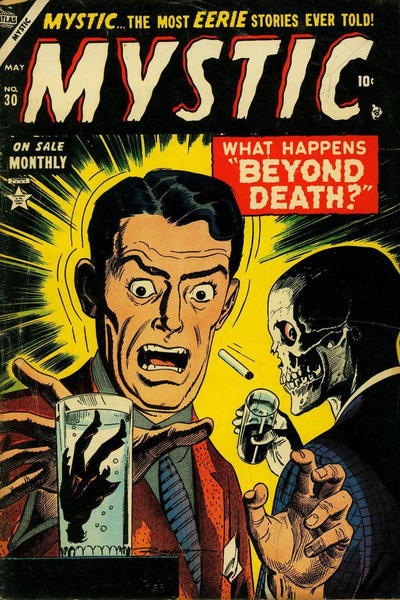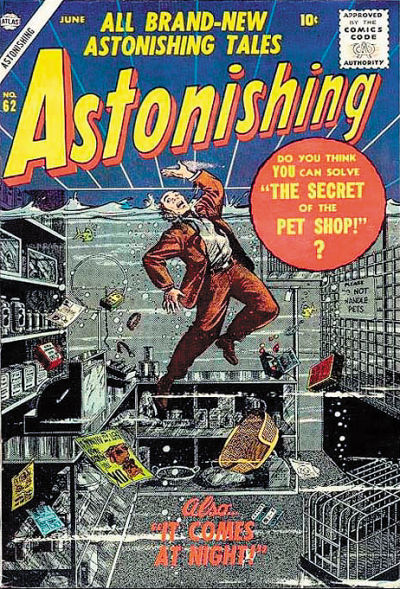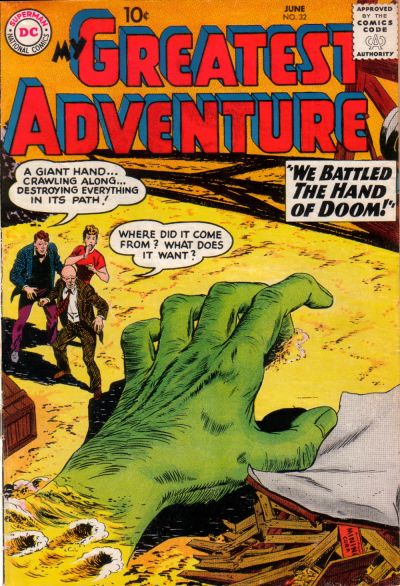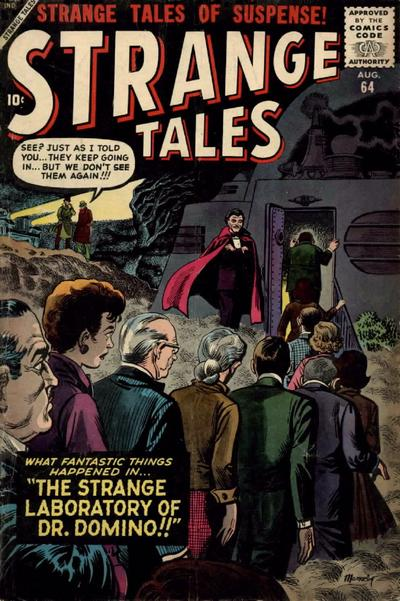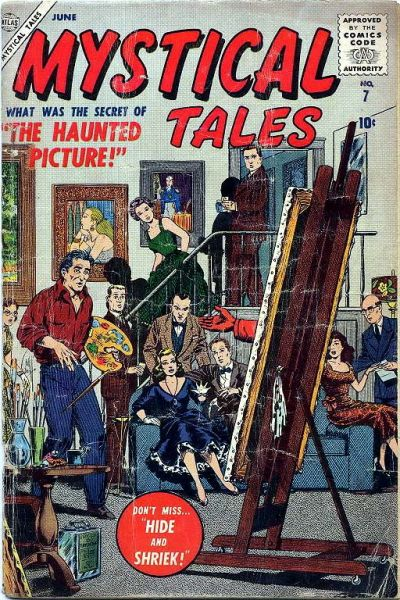With Halloween just around the corner, this is usually the time of the year to share some thoughts about horror…
When it comes to cinema and television, one of the most vibrant trends in recent years has been labelled Prestige Horror (or Elevated Horror). Spearheaded by the works of Ari Aster, Robert Eggers, Veronika Franz, and Severin Fiala, this consists of artsy, slow-burn, meticulously crafted – if sometimes sterile – films and shows that are more about eerie discomfort than immediate thrills. Although I’m not always the biggest fan of their pretentious attitude, I do appreciate how they deliberately tap into the genre’s sensorial vein. They exploit the notion that horror can effectively stem more from atmosphere than from narrative logic, even when they don’t go quite as far as some of the older cult classics of a trashier breed (John Parker’s Dementia, Jess Franco’s Succubus, Dario Argento’s Suspiria), which felt more shamelessly disconnected from realism and from a coherent story, disturbingly capturing the imagery of nightmares.
A parallel trend can be found in the post-Get Out wave of Woke Horror, channeling genre tropes to address identity politics and other topics related to social justice, as seen in the likes of Promising Young Woman, Antebellum, and Lovecraft Country. This is a wave that reached its lowest point in the preachy, hamfisted Twilight Zone remake, but which also gave us the great The Invisible Man (starring Elizabeth Moss, who has become a key face of Woke Horror, with memorable turns in Us and The Handmaid’s Tale). A subset of this wave has specialized in using horror to convey the grotesquery of capitalism, most notably a couple of recent dark comedies reducing our economic system to a violent version of children’s games: Ready or Not and Squid Game.
One of the most engaging experiences I had this year, though, came from a very different place: Censor, a wild trip into the Thatcherite ‘video nasty’ panic of the mid-80s through the eyes of an increasingly unstable worker of the British Board of Film Classification. Although the themes of censorship, trauma, and the film industry’s abusive milieu certainly resonate in current times, Censor refreshingly refuses easy arguments about any of these, so I would place it in a whole other field. Prano Bailey-Bond’s movie belongs to a longer lineage of meta-horror, in which horror cinema openly feeds on itself with an intertextual, reflexive attitude, exploring its own traditions as well as the psychological impact of fiction.
The messiah of meta-horror is Brian De Palma, who made a name for himself through Hitchcock pastiches such as Dressed to Kill and became increasingly self-referential, incorporating the world and language of cinema into the politically paranoid Blow Out (a loose remake of Antonioni’s Blow Up) and the ultra-sleazy Body Double (where De Palma’s typical riffs on Hitchcock somehow reached a new level – rather than a riff on Hitchcock, it was like a riff on De Palma riffing on Hitchcock). Horror master Wes Craven also contributed to this strain, playing himself in Wes Craven’s New Nightmare (a weird spin-off of the Nightmare on Elm Street franchise) and directing the satirical saga Scream (where the characters knowingly engage with the rules of the slasher subgenre). Arguably, the funniest take on meta-horror was 2011’s The Cabin in the Woods. (In literature, you can find it in Mark Z. Danielewski’s novel House of Leaves.) More recently, we’ve gotten a bunch of postmodern, experimental pastiches of Italian giallo flicks, like Peter Strickland’s Berberian Sound Studio and Nicolas Winding Refn’s The Neon Demon, not to mention Luca Guadagnino’s bloated remake of Suspiria (which brings us full circle to Prestige Horror).
Unfortunately, with a few exceptions, for the most part current horror comics haven’t been as creative or impressive, even though the medium does have a long, fertile relationship with this genre. With that in mind, this week’s reminder that comics can be awesome looks into the past century to provide you with twenty creepy covers:
